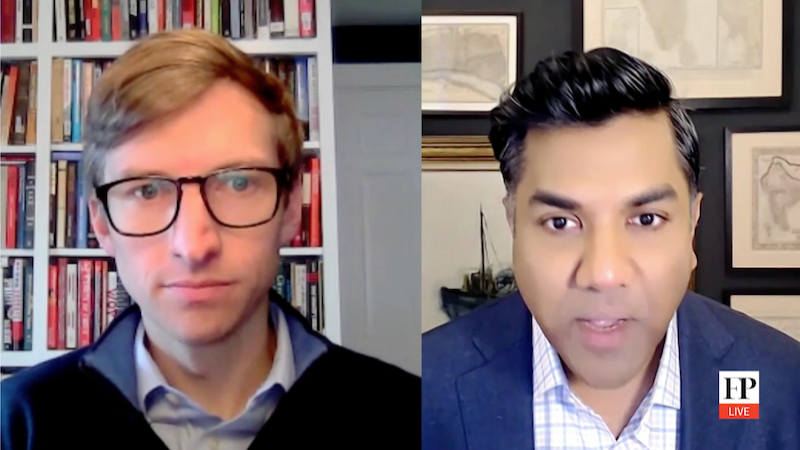
Why Taiwan Has a Lock on the World’s Chip Market
An interview with Chris Miller by Ravi Agrawal of Foreign Policy
Integrated circuits. Microchips. Semiconductors. Or, as they’re best known, chips. There are many different names for that tiny piece of silicon that powers and defines our modern lives. From smartphones to cars and washing machines, chips are the very foundation for most of the world as we know it. They are so critical to how modern societies function that they—and their entire supply chains—have become the basis for geopolitical competition.
Unlike several other technologies, however, the highest-end chips can’t just be produced by anyone. Taiwan Semiconductor Manufacturing Co. (TSMC) controls about 90 percent of the market for advanced chips—and it doesn’t seem as if any other company or country can catch up. But why? What is TSMC’s secret sauce? What makes its semiconductors so special? And why is it so crucial to the world economy and geopolitics?
For answers, FP’s Ravi Agrawal spoke with Chris Miller, the author of Chip War: The Fight for the World’s Most Critical Technology. Miller is also an associate professor of international history at Tufts University’s Fletcher School.
Watch the full interview video and transcript here.
(This post was republished from Foreign Policy.)
